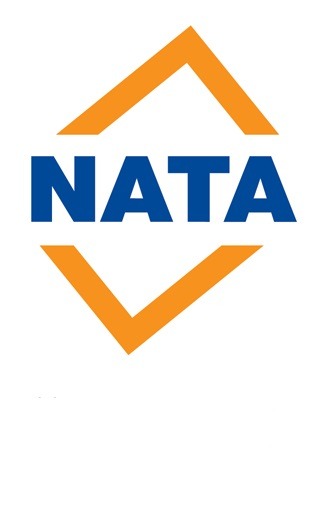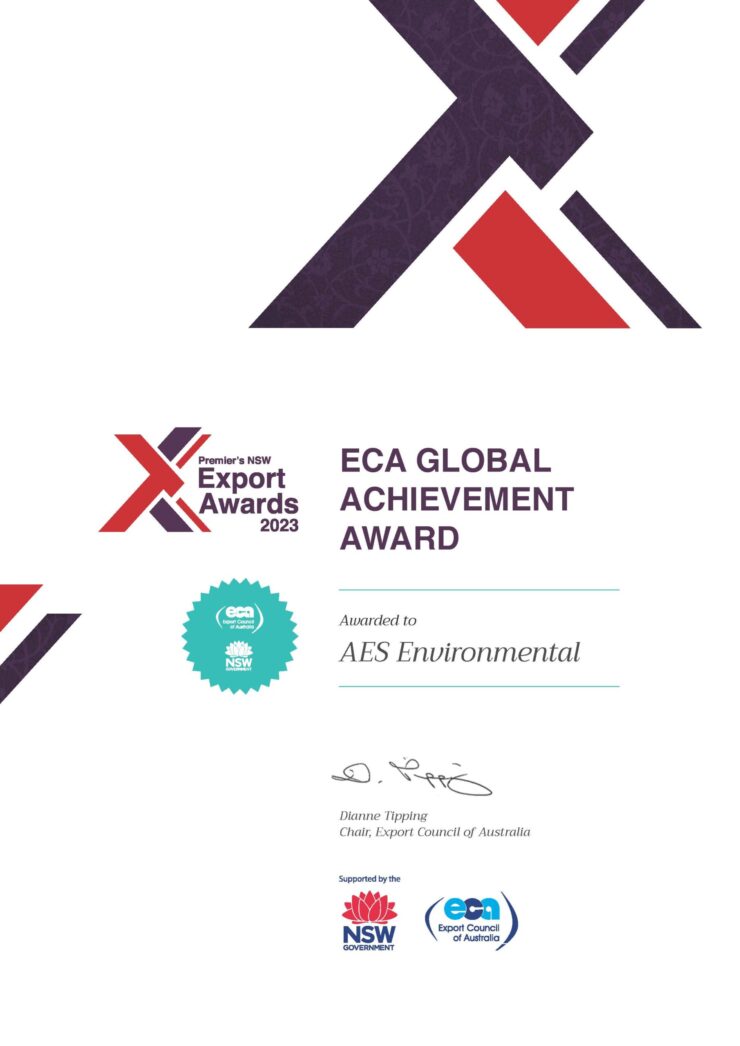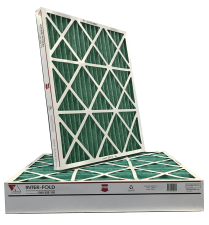
At AES Environmental, we understand the critical role of containment equipment in ensuring the safety and efficacy of pharmaceutical operations. In our latest article, we delve into the nuanced comparison between cytotoxic drug safety cabinets (CDSCs) and pharmaceutical isolators. We’ll explore recent findings that highlight the benefits of CDSCs, examining aspects such as ease of cleaning, material transfer process, and operational training. Our focus is on guiding you towards making informed decisions in your pharmaceutical setting, balancing practicality, safety, and efficiency in handling cytotoxic drugs.
View the full article here
Complex Cleaning and Maintenance: Discussing the contrast in cleaning and maintenance between pharmaceutical isolators and cytotoxic drug safety cabinets. Isolators, due to their enclosed design, present challenges in thorough cleaning and maintenance. The open design of Cytotoxic Drug Safety Cabinets allows for easier and more effective cleaning.
Material Transfer Process: The process of transferring materials in and out of containment systems is critical. Pharmaceutical isolators often require a complex, multistage process for material transfer. CDSC’s offer a simple and direct material transfer process, enhancing both the safety and efficiency of drug preparation.
Operational Training and Experience: The challenges of operating a system with greater complexity are felt by all. Isolators, while offering protection against external contamination, are more prone to microbial growth due to cleaning and material transfer challenges. A study cited shows a higher rate of microbial contamination in isolators compared to CDSCs.
Initial and Ongoing Costs of Operating an Isolator: Costs associated with pharmaceutical isolators are typically far greater than Cytotoxic Drug Safety Cabinets. Isolators, owing to their complex design, have higher initial and maintenance costs. In contrast, CDSCs, while maintaining safety standards, have a simpler design leading to lower initial and ongoing costs, making them a more cost-effective option for facilities with budget constraints.






